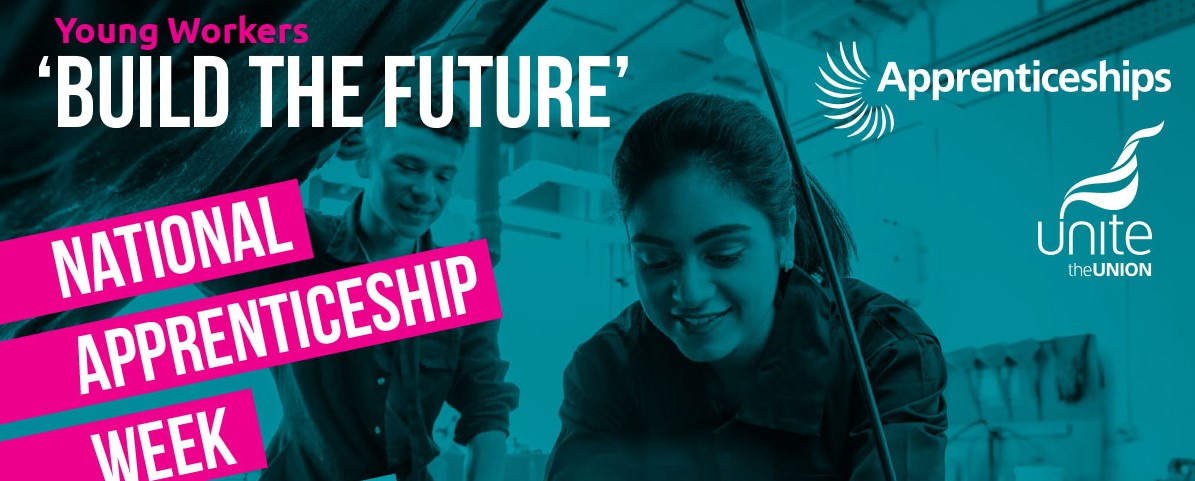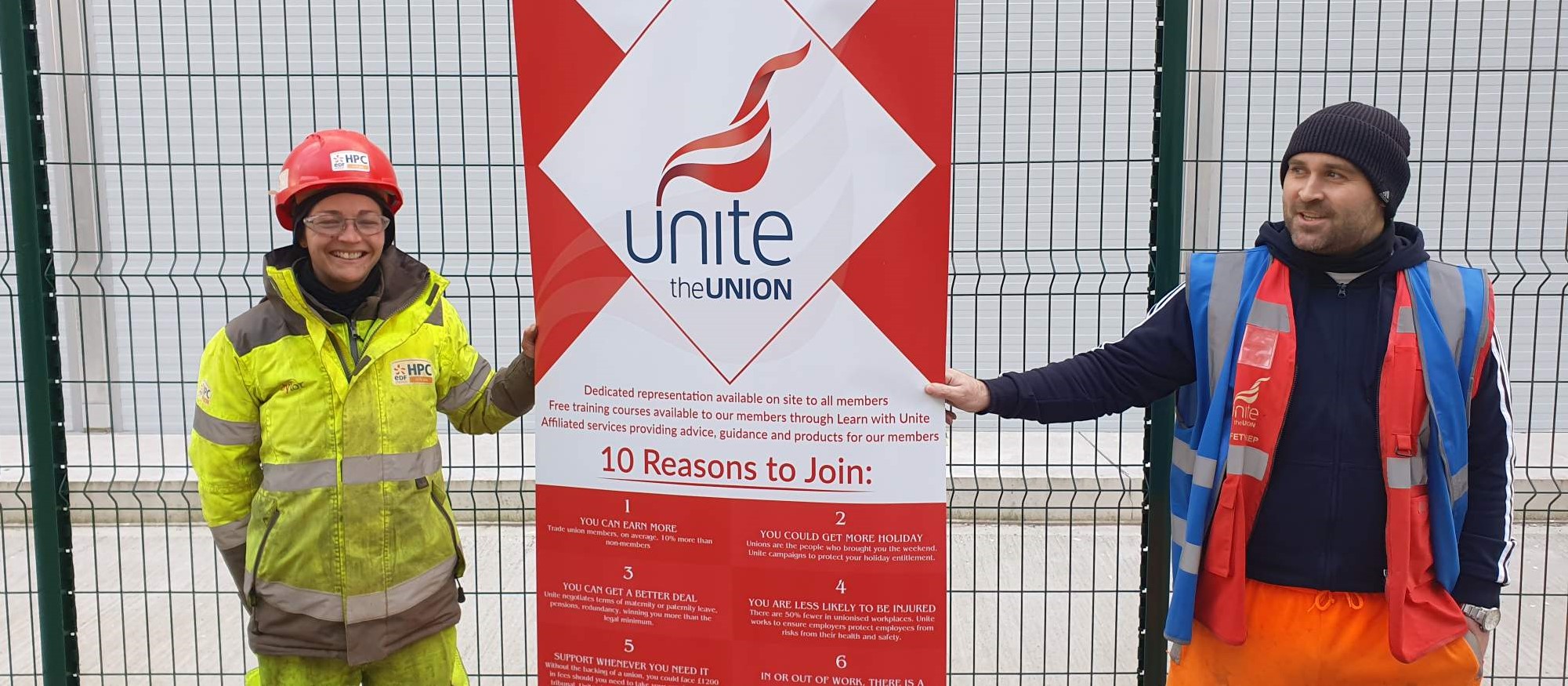Missing skills emergencies
The UK is now facing an emergency skills crisis in key sectors including manufacturing, construction, science and engineering, the Confederation of British Industry warned today (July 13).
The warning comes after the CBI’s annual skills survey was recently released, in which two in three businesses said they anticipated a need for more staff with higher skills in the future, while more than half of those surveyed feared they would not be able to find the right workers with adequate skills.
The poll of 310 business showed that the sectors that economists and unions have said are key in rebalancing the economy away from one that’s dominated by low-wage jobs and driven by consumer debt are the sectors where skills are most in demand.
The survey found that 74 per cent of engineering, science and hi-tech firms needed more highly skilled workers, followed by construction at 73 per cent and manufacturing at 69 per cent.
“The government has set out its stall to create a high-skilled economy, but firms are facing a skills emergency now, threatening to starve economic growth,” said CBI deputy director general Katja Hall.
“Worryingly, it’s those high-growth, high-value sectors with the most potential which are the ones under most pressure.”
Unite assistant general secretary Tony Burke highlighted reasons why the UK is facing an worrisome skills crisis.
“Unite has warned for a long, long time now that we were facing a serious skills shortage in engineering, manufacturing and science and technology fields,” he said.
Image
“The reasons for this skills shortage are numerous, but key among these is the image that sectors like manufacturing and engineering have,” he added.
“Careers in these sectors are considered second rate, especially when so many students are under pressure to go to university, which conveys more prestige. In this way, the sectors with key skills shortages have failed to attract the best young talent, who are being funnelled into academic careers.”
Burke went on to note that skills shortages were also the result of short-term thinking among many firms.
“While there are many companies that have good succession planning and invest in their workforce through quality apprenticeships, there are just as many, if not more, companies which have simply hoped for the best and have had no sort of planning whatsoever,” he said.
“We met with one company in the automotive supply chain which hasn’t offered an apprenticeship in 10 years. They didn’t even know how to go about setting one up.”
Fragmented
Unite assistant general secretary Gail Cartmail highlighted why the construction sector faces such a dire skills shortage.
“Lack of workforce planning, lack of investment and lack of employer engagement are big problems, and so too is bogus self-employment that’s rife within the sector,” she said. “The entire construction industry has become incredibly fragmented.
“When so much construction work is contracted and then further farmed out to subcontractors, the scope for having high-quality apprenticeships is much smaller,” Cartmail explained. “Agency work has begun to dominate the sector, and agencies don’t employ apprentices.”
Cartmail added that, unlike in many science, engineering and technology (STEM) fields, the construction industry has all but ignored the untapped potential of more than half of the population – women.
“The shortage of women in construction is a chronic problem. Many women have an interest in careers in the sector, but they’re often discouraged at schools, discouraged by their families, and, when they do start work in the sector, they aren’t supported at all in the worplace. Addressing the shortage of women in the field will go a long way in easing the skills crisis.”
Apprenticeships under the coalition
Burke also highlighted the role the previous coalition government played in the skills shortage the economy now suffers.
“The previous coalition government devalued apprenticeships – many of those created under their watch were low quality, short-term training schemes that were set up just to boost apprenticeship numbers,” he explained. “This seriously damaged the apprenticeship brand.”
Indeed, a recent report by the IPPR think tank and commissioned the Local Government Association found that apprenticeships under the coalition government have failed to help young people get into well-paid, high-skills jobs.
Only a third of apprenticeships created in the past five years were at the advanced or higher skills level. More than 40 per cent of all new apprenticeships went to those over 25, and the vast majority of these went to employees already working for the company offering them.
IPPR senior research fellow Tess Lanning noted that the data about apprenticeships created since 2010 suggests “that employers have simply shifted their workers onto apprenticeships to continue getting government funding.”
“The lesson is that the targets don’t work,” Lanning wrote in the Guardian recently. “Numbers make good press releases but this brings with it the temptation to fiddle the books.
“Rebadging low-level workplace training programmes does not an apprenticeship make,” she added. “At a time of high youth unemployment, more high quality routes into good jobs for young people are very welcome. Unfortunately, too much of the growth in apprenticeships appears to add to the stock of low level training programmes for workers in low skilled, low paid jobs with few progression prospects.”
Burke agreed.
“What we need is a clear strategy for addressing the skill shortage, in which taking on a well-paid, high skills apprenticeship in any of the STEM fields is seen by young people as an attractive option, one where they will be both learning and earning,” he said.
Levy
The CBI has noted that Chancellor George Osborne’s move to impose an apprenticeship levy on large employers would fail to close the skills gap, because more funding does not necessarily translate into sector-targeted, high-quality internships.
Burke voiced similar concerns.
“The jury’s still out on the apprenticeship levy,” he said. “We would need to have more details to determine whether it would be an effective policy. The present government has set a target of 3m apprentices by 2020, but what quality will these apprenticeships be?
“Targets are meaningless if the training doesn’t deliver the high-quality skills that sectors like manufacturing, construction and engineering so desperately need now,” Burke added. “We’d also need to know how unions will be involved in any of the government’s plans relating to apprenticeships – we must play a key role.”
Cartmail also approached the proposed levy with caution.
“While we welcome the general idea behind it, there are many grey areas that we need to be aware of. For example, the government has said the levy will only be imposed on ‘large employers’. Because of the fragmented nature of the construction industry, it won’t be immediately clear whether a company is a ‘large employer’ or not.
“We need to make sure that SMEs are supported, too, because ironically enough, they’ve had the greatest track record when it comes to employing apprentices.”
Cartmail also noted that although the current levy in the construction sector, which covers continuing training, has been in many ways successful, there are loopholes that some businesses take advantage of.
“Some employers will simply hike their prices to their clients in order to compensate for the levy they have to pay, and in doing so simply treat it as a tax,” she said.
“But then they do not engage in the training, and so workers lose out, and the skills gap continues to widen despite our best efforts. It’s these and other sector-specific details that we will have to examine carefully if the government wants to impose an apprenticeship levy that will have an impact.”
 Like
Like Follow
Follow


